The health and fitness industry now offers us a great selection of opportunities to find the right environment and exercise professional to suit our specific needs. So much so, that there can be a bit of choice paralysis! Do you know what would be best for you?! The answer to that important question depends on your current level of health and activity, and the specific advice you are expecting to receive. If you are in your 20s and 30s, and injury free, then the fitness industry is probably perfect for you. Its group based approach is perfect if you don’t have any specific health needs. However, as we age, and get busy with family, jobs and careers, our physical activity and fitness often decreases, and we start to develop little niggles or health issues that may need a more specific approach. This is where exercise scientists and exercise physiologists come into the mix.
Maintaining our health and fitness becomes an increasingly important endeavour as we age. In a previous blog, “The Forgotten Fitness Generation” I outlined why those of us over the age of 45-years may feel like the traditional fitness industry may no longer cater to us. While personal trainers are commonly sought after, there are alternative experts who offer a more specialised and comprehensive approach. Exercise physiologists and exercise scientists have a unique set of skills and qualifications that make them ideal choices.
In this blog, we’ll explore the differences between these two professions and why they may be superior choices for those in the Forgotten Fitness Generation!
Choosing the right exercise professional for your specific needs
For us in our 40s, 50s, 60s and beyond, having an exercise professional with advanced degrees and specialised knowledge can be invaluable. These professionals have a deeper understanding of the physiological changes that occur with age and can design exercise programs that address the unique needs of middle-aged adults.
The iNform difference!
To further help you choose the right exercise professional for your specific needs, iNform has now integrated both exercise scientists and exercise physiologists into their team, to help you set up your best health and fitness journey with the right professional by your side… sometimes both if the need arises!
Accredited Exercise Physiology
The most common starting point for our clients is with an exercise physiologist, especially if you have any of the chronic conditions mentioned earlier. The primary goal at this early stage is to align your goals with the best, evidence based exercise program to start to manage those conditions. Our aim from there is to slowly progress that program to improve your strength and fitness without the risk of injuries.
Accredited Exercise Scientist
This is often when an exercise scientist can join your team. The evidence, and the government physical activity guidelines, strongly recommend that you exercise on most days of the week, including at least TWO STRENGTH sessions per week. The role of our exercise scientists is to help you achieve this. This may involve working with one of them on-going, or just as needed to help you set up your own weekly exercise routines.
So, if you identify with ‘the forgotten fitness generation’, that is, you are over the age of 45, and feel like you need a more specialised and tailored approach to your health and exercise, and seeking a path to better health, consider the expertise and qualifications of exercise physiologists and exercise scientists as your trusted guides on this vital journey.
Professional Qualifications
One of the key distinctions between exercise physiologists, exercise scientists, and personal trainers lies in their professional qualifications.
Personal trainers typically obtain short certifications with very low barriers to entry from organisations which can vary in terms of rigour and requirements. And once they start working, the regulatory demands for ongoing development and professional registration are very mixed. Of course there are fantastic personal trainers out there, but the range from good to bad is large indeed!
On the other hand, in Australia, accredited exercise physiologists and exercise scientists hold university degrees (sometimes even including Honours, Masters or Doctoral degrees), and their ongoing professional development and registration needs are very rigorous.
Exercise scientists and exercise physiologists graduate from three, and four, year degrees respectively. They are both experts in the field of exercise science. Over the first three years, they both study a range of subjects including: in depth anatomy and physiology, biochemistry, neuroanatomy, nutrition, pain sciences, and much more. They both develop a deep understanding of the body’s physiological responses to exercise. They are trained to assess individual fitness levels and movement quality, develop tailored exercise programs, provide guidance on exercise techniques and strategies, and help you establish and stay accountable to positive health behaviours.
The primary difference between the two occurs over the last year of an exercise physiologist’s degree. This is where the more specific training in the use of exercise and behaviour modification to manage and improve chronic conditions happens. Exercise physiologists are the leading exercise professional you should seek if you have any chronic conditions such as cardiovascular issues, metabolic issues such as diabetes, osteoporosis, arthritis, many cancers, etc.
In fact, the evidence overwhelmingly shows that well prescribed exercise can be one of your best lines of defence against these conditions!
To find out how we can become part of your health team, please get in touch with us!


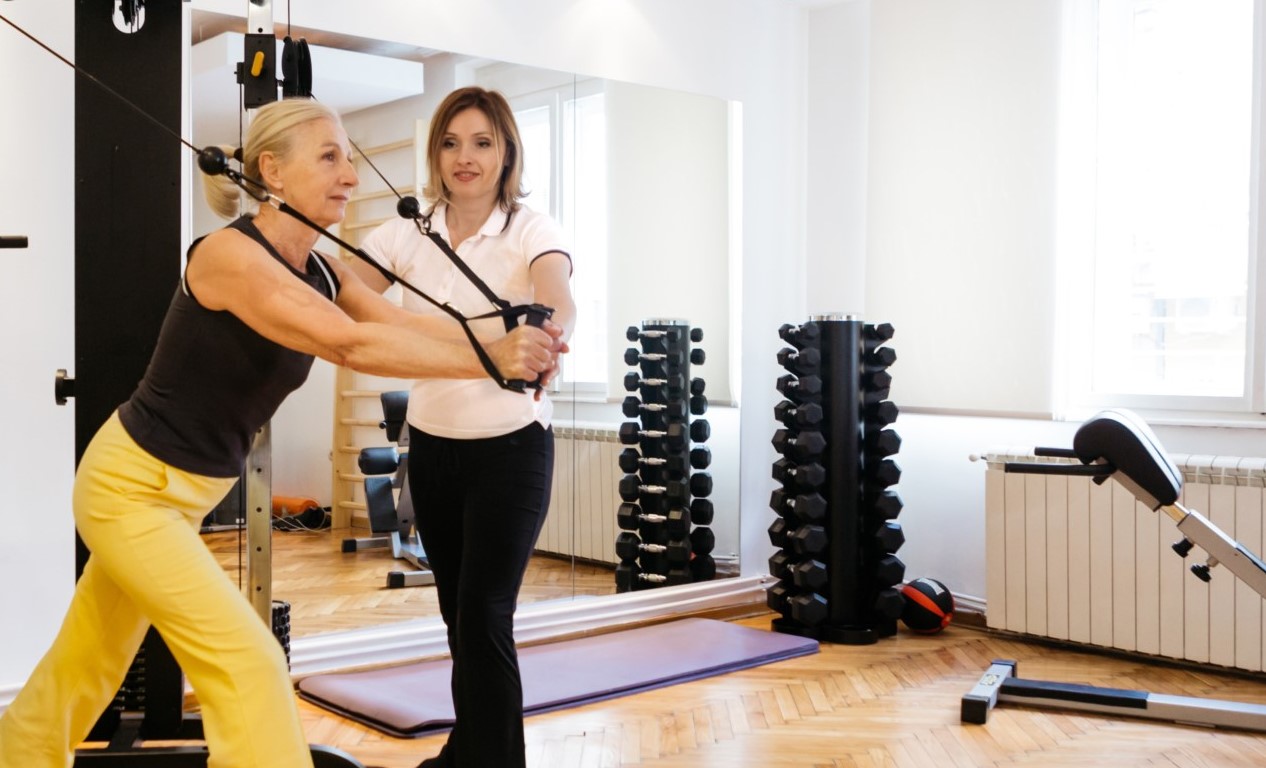



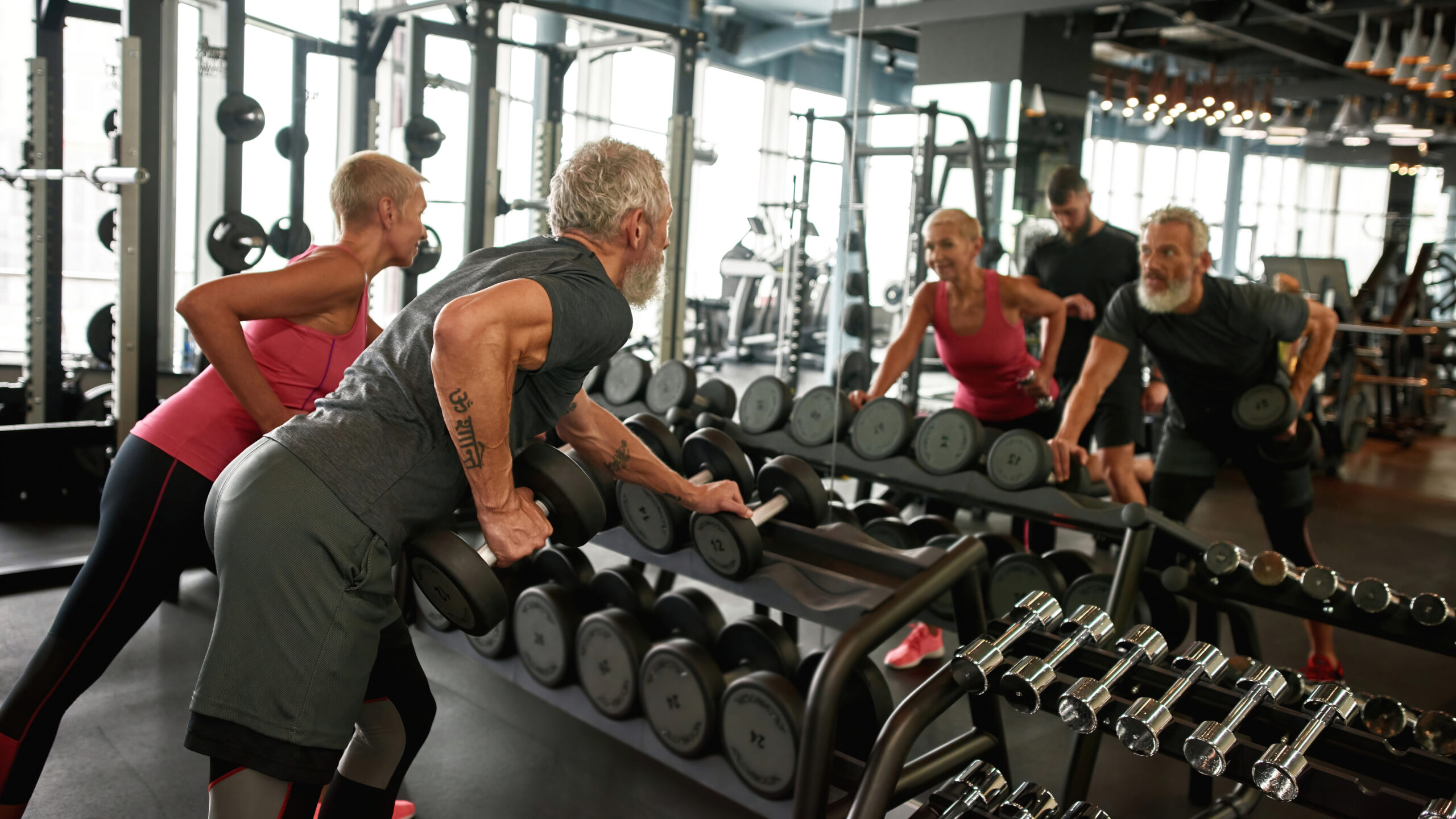



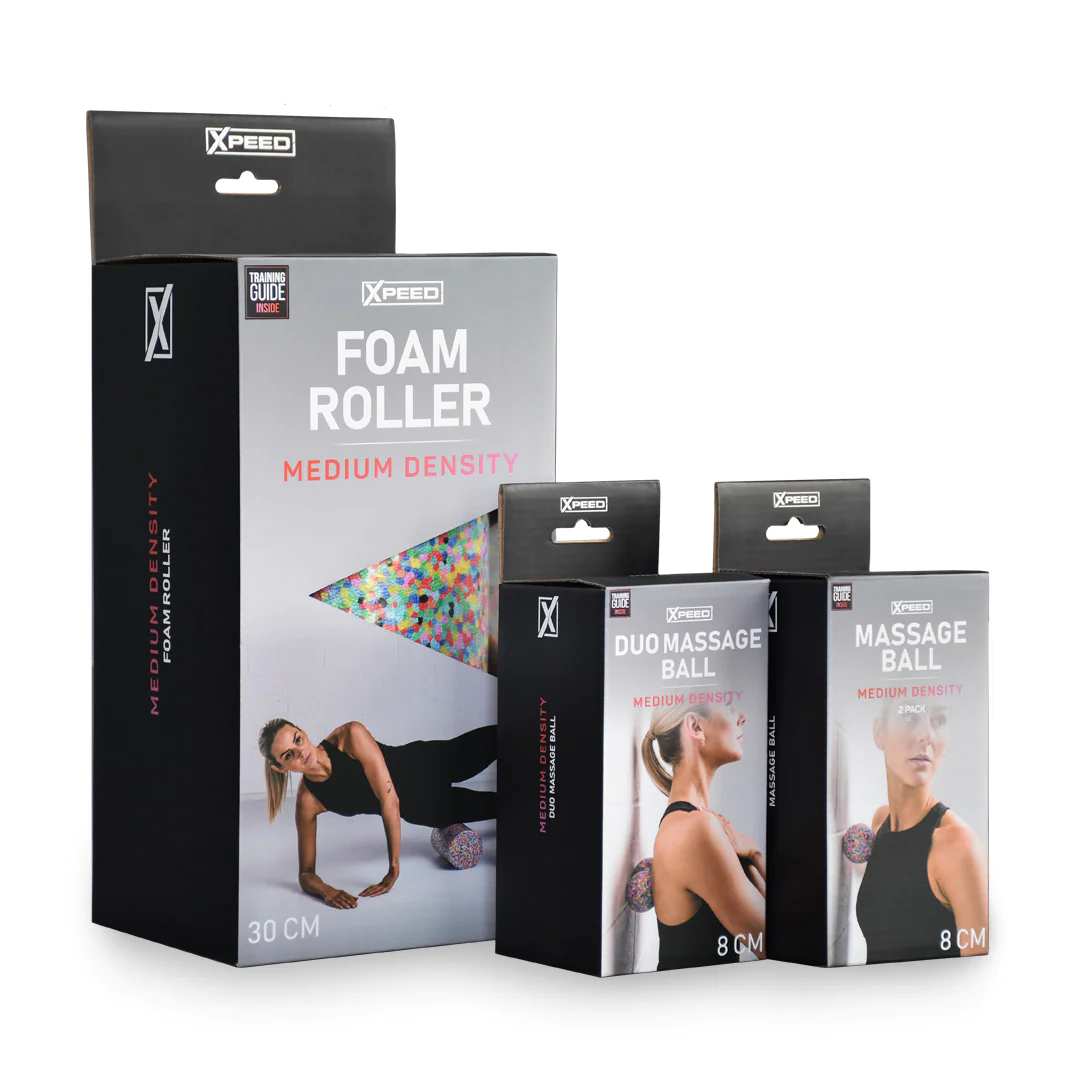
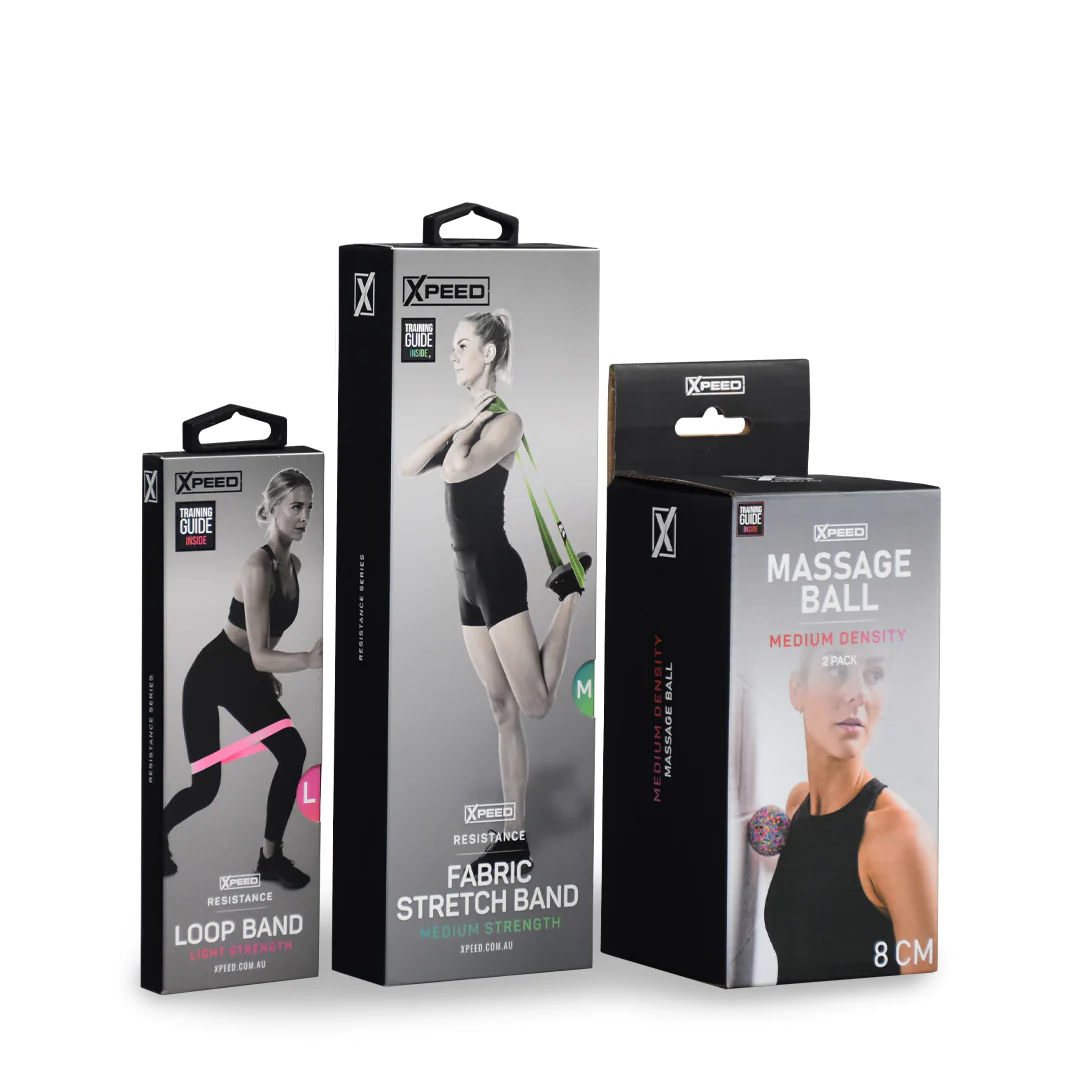
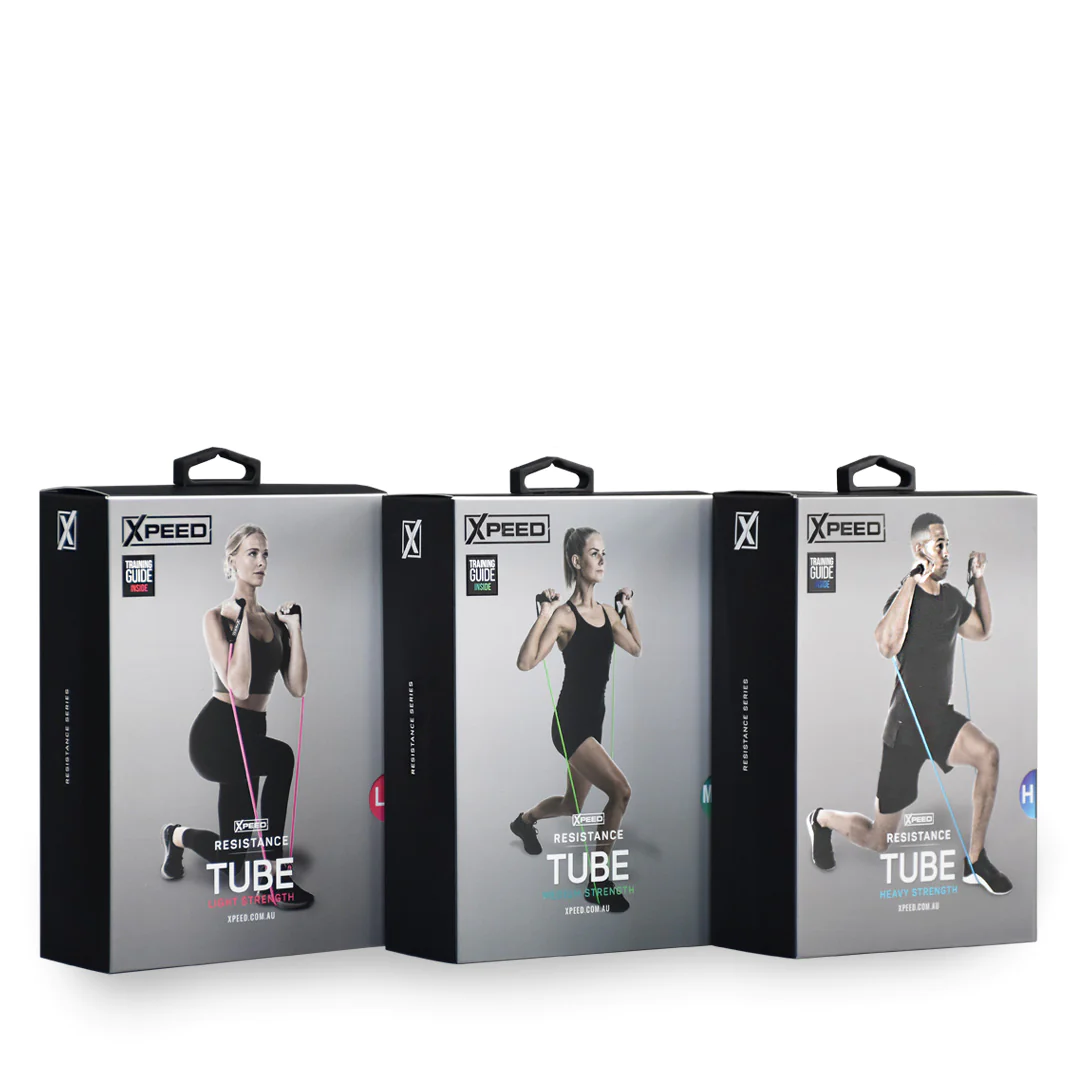
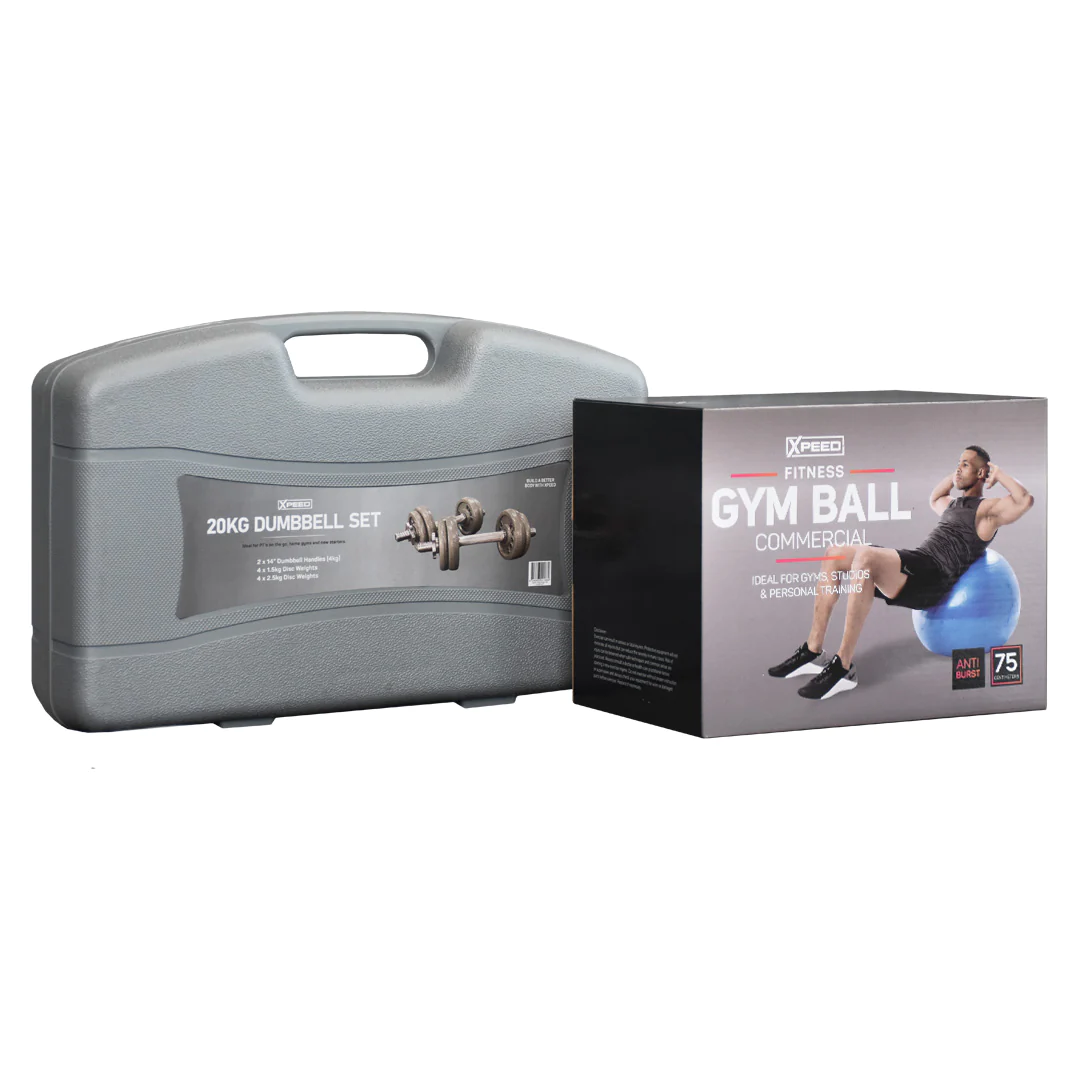
0 Comments